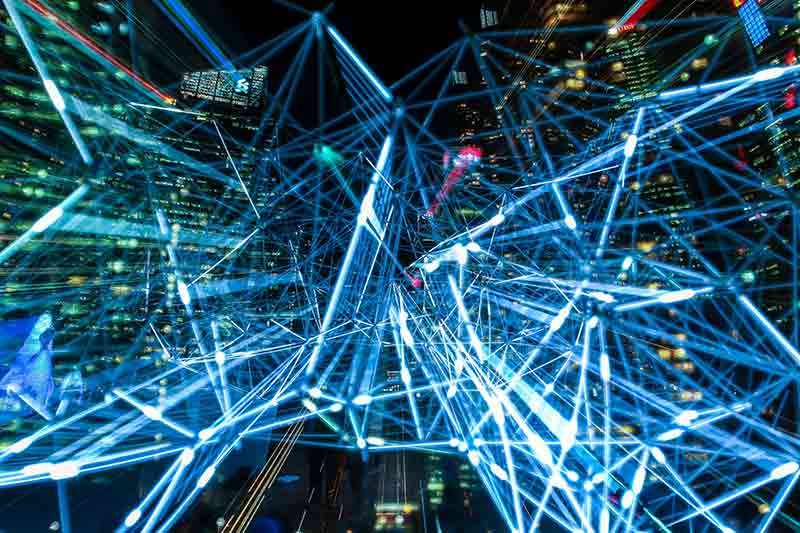
The World Bank is entering
into a partnership with the GSMA
and mobile network operators around the globe to harness big data from the
Internet of Things (IoT) to help end extreme poverty and unlock new drivers of
economic growth.
The GSMA is a trade body representing the interests of
mobile operators worldwide, uniting nearly 800 operators with more than 300
companies in the broader mobile ecosystem, including handset and device makers,
software companies, equipment providers and internet companies, as well as
organisations in adjacent industry sectors.
World Bank Group President, Mr Jim Yong Kim made the
announcement at the Mobile World Congress in Barcelona. This is the first broad
scope initiative involving the mobile communications industry and a major
multilateral development bank.
Rapidly expanding mobile networks around the world generate
enormous amounts of data. The press release states that there are over 3.8
billion unique mobile subscribers in developing countries. In such markets, more
people have access to a mobile phone than to clean water or electricity.
Moreover, GSMA Intelligence estimates
there will be 25 billion connections to the Internet of Things globally by
2025, enabling a range of activities from real-time crop monitoring to water
leakage detection. The data from mobile networks and IoT devices can provide
valuable insights for social and economic development.
This new initiative is expected to unlock new insights from
anonymised data collected by mobile network operators through IoT devices and
aggregate data from smartphone use.
The initiative calls on mobile operators to use data that collected
by them through existing IoT services or through new pilots and partnerships to
provide insights and analysis to design and improve projects.
This can potentially boost development outcomes from World
Bank Group projects – in the last fiscal year, the institution committed
approximately $62 billion for new projects in middle- and low-income countries.
The press release provides an example of successful application
of mobile-enabled IoT and big data to projects by the World Bank. In India, wearable
IoT data collection devices in the form of bangle-shaped sensors allow users to
automatically monitor harmful emissions from their stoves, and the data they
generate is helping drive a shift to cleaner cookstoves.
Operators and governments will also benefit from increased
use of big data for development, as it can enable better service provision,
creation of new indicators and statistics, and better quality of life for users
and citizens in general.
Additionally, the World Bank Group will join the GSMA’s Big Data for Social Good
Advisory Panel. The GSMA is a strong supporter of development initiatives that
involve mobile networks and is one of the inaugural partners of the World
Bank-led Digital
Development Partnership – DDP.
It will also call on industry leaders, development partners
and governments to work together in building a strong enabling environment for
the IoT, while protecting personal privacy.
“The mobile network industry provides the connectivity that
is essential for countries to unlock new drivers of economic growth, help make
the global market system work for everyone, and meet the world’s rising
aspirations,” World Bank Group
President Jim Yong Kim said. “Through this initiative we
will partner with the mobile industry to harness IoT, big data and other new
technologies to solve the world’s largest challenges.”
Mats Granryd,
Director General of the GSMA, added, “This new initiative with the World
Bank Group will leverage the mobile networks that we have built and the
services we deliver to address some of the most pressing challenges that our
world faces today. With IoT and big data, we have the ability to provide
insights that can be used across a wide range of applications, from agriculture
to environmental protection and beyond. We are pleased to be working with the
World Bank on this critical initiative and encourage our operator members
globally to join in this effort.”
















